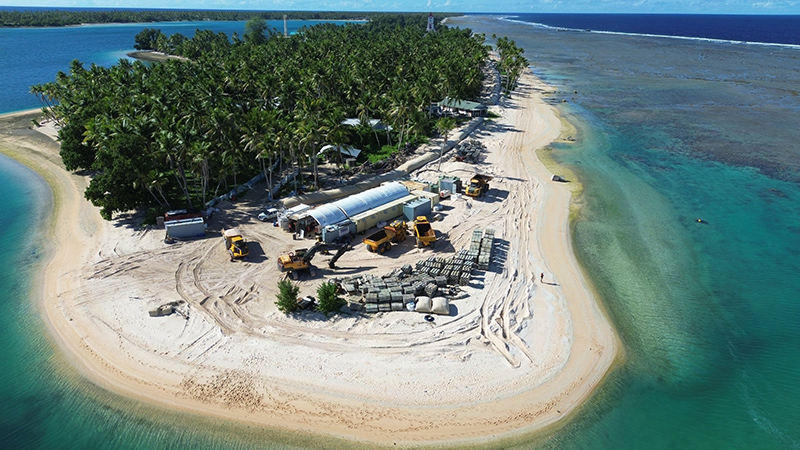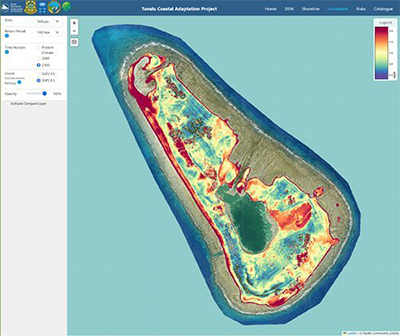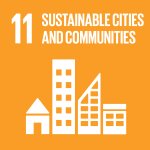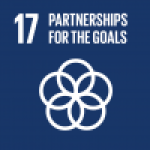
Lamese Saamu's lifelong passion for science and community empowerment led him to the Tuvalu Coastal Adaptation Project (TCAP), where he found a perfect match for his interests. TCAP's strong community-centric approach resonated with him deeply, as it actively involves local communities in planning and implementing climate adaptation measures.
“The project actively involves local communities in the planning and implementation processes, ensuring that the adaptation measures are culturally appropriate and locally supported,” Saanu explained. As part of the project’s commitment to equipping Tuvaluans with the technical expertise and advancing adaptation into the future, a key initiative has been to fund a series of scholarships.
Saamu was among four students that have completed their studies since 2022, funded by TCAP as part of its commitment to build local capacities and skills to combat climate challenges. He has pursued master's degree studies at the University of Western Australia (UWA) in Perth, and James Cook University, respectively.
By using tools like Geographic Information Systems (GIS) and remote sensing, Lamese can now assess how rising sea levels, increased storm frequency, and other climate-related factors may alter the coastal landscape. “This understanding is crucial for identifying areas at greatest risk and for designing effective mitigation strategies. My expertise in island morphology allows me to analyze and predict the impacts of sea-level rise on coastal and island environments,” he explains.

The work of the TCAP team has moved to the island of Nanumea, and is scheduled to be completed by September. Credit: TCAP/UNDP
Context-specific solutions
While the Tuvalu Coastal Adaptation Project aims to implement appropriate sustainable coastal protection measures –such as the reclamation of land and construction of Berm Top Barriers, designed to mitigate sea-level rise, storm surges, and coastal erosion– island morphology involves understanding the physical characteristics and dynamic processes that shape islands.
Saamu now supports efforts to develop practical solutions to protect vulnerable island communities. This includes integrating nature-based solutions like mangrove restoration, coral reef protection, and beach nourishment, and engineered solutions like Berm Top Barriers and reclamation of elevated land.
“Tuvalu is one of the most vulnerable to the impacts of climate change, due to its low elevation and small land area,” he explains. “These solutions can help to buffer the impacts of sea-level rise and provide a vital model for other small island developing states (SIDS) facing similar climate-related challenges. The lessons learned in Tuvalu can be replicated in other vulnerable regions, amplifying the impact of the project beyond its immediate context.”
“My work also involves collaborating with local communities and policymakers to integrate scientific knowledge with traditional practices and local expertise,” he adds. “Integrating traditional knowledge with modern science is important to address climate change. By respecting and incorporating indigenous practices and insights, solutions are not only technically sound but also socially and culturally sustainable in the long-term.”

A TCAP shoreline monitoring tool image, showing modelled wave inundation on Tuvalu’s largest atoll, Vaitupu, under a 2100, SSP5 8.5 1-in-100 year storm event.
Data-driven solutions
By focusing on both the physical aspects of coastal change and the human dimensions of adaptation, Saamu plans to work locally to build more resilient communities that can withstand and recover from climate impacts. The tools he is using allow for more precise mapping and monitoring of coastal changes over time; or to assess erosion patterns, sediment transport, and the effects of sea-level rise on coastal environments.
“By analyzing satellite imagery and aerial photographs, I can identify erosion hotspots and changes in shoreline positions. This accurate assessment is vital for understanding the current state of Tuvalu’s coastlines and predicting future trends,” he explains. “I can now provide data-driven, scientifically sound solutions that are tailored to the specific needs of island environments, which can safeguard its future.”
As part of his research, titled: “Developing Novel Approaches to Assess Shoreline Changes in Tuvalu,” Saamu gathers information about coastal processes and ecosystem health, conducting field surveys and analyzing sediment samples to understand coastal dynamics better. His interdisciplinary training with TCAP to collaborate widely with professionals from various disciplines, including environmental science, remote sensing, and social sciences has been invaluable.
Saamu has focused on raise awareness among the next generation of Tuvaluans and to advocating for robust policies to secure resources long-term adaptation plans.
“My goal is to contribute to the scientific community by publishing impactful research that informs and improves adaptation practices. In future, my dream is to become a leading expert in climate adaptation, developing innovative solutions that can be implemented both locally and globally to address the pressing challenges posed by climate change,” he says.
“I plan to use my skills in island morphology to build the resilience of coastal island communities in Tuvalu and the Pacific and to help support more robust policies and international agreements that prioritize the needs of the most vulnerable communities.”
“To other young people who want to use their skills to take climate action, my message is simple: Your passion, creativity, and dedication are powerful tools in the fight against climate change. Educate yourself, leverage your unique skills, collaborate and connect, be persistent and resilient, advocate and raise awareness. Think globally, act locally. Most of all, stay hopeful and positive, and be the change.”
The Tuvalu Coastal Adaptation Project is supported with thanks to the Green Climate Fund, alongside the Government of Tuvalu and Australia's Department of Foreign Affairs and Trade.
View the original on the TCAP website here.



